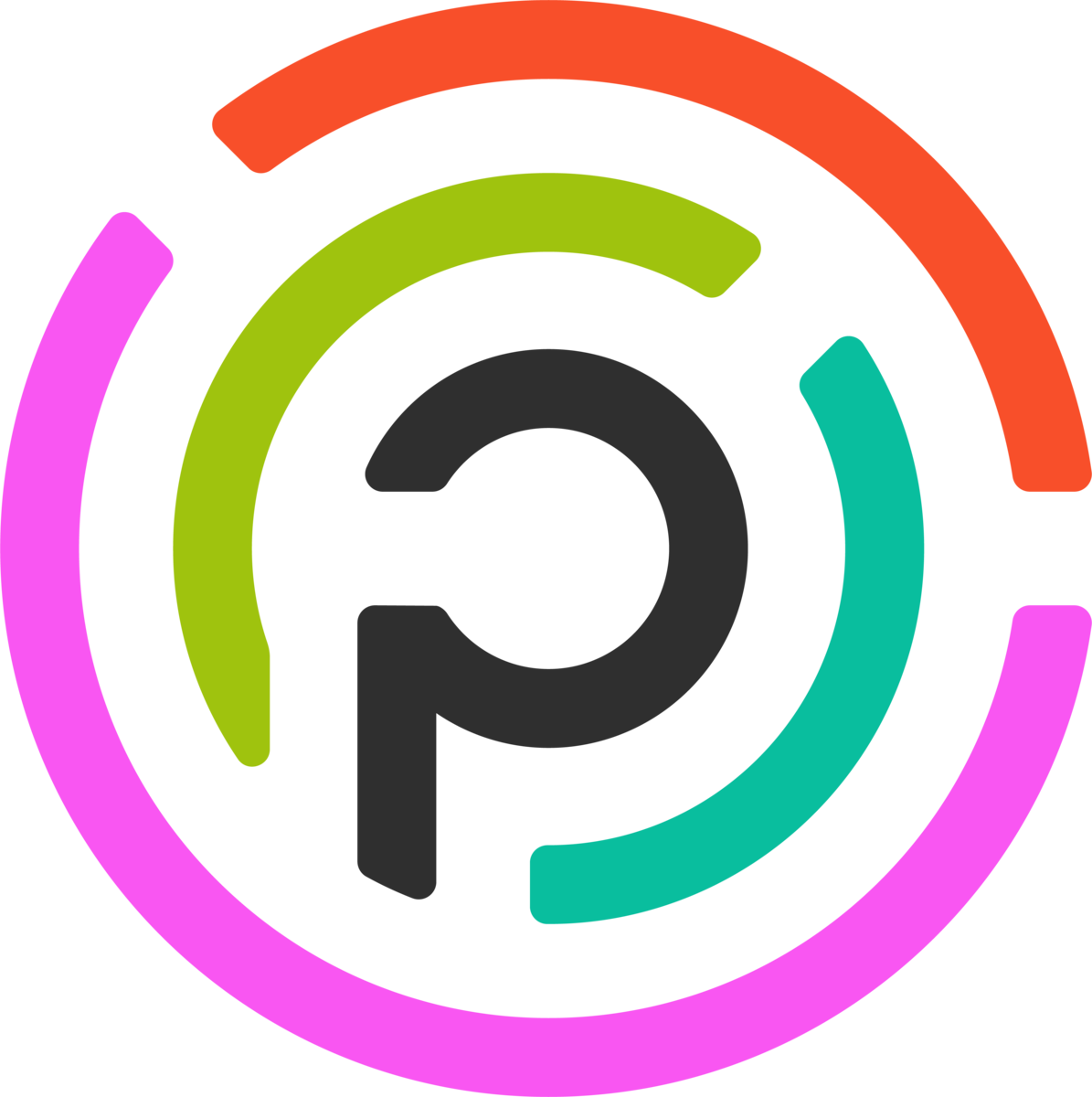Source: Tenor
Being an entrepreneur is exhilarating — but also super stressful.
And that stress hurts our mental health.
Just look at this Sifted survey👇

If even the less work-obsessed Europeans are burning out this hard… Source: Sifted
And who else struggles with mental health?
👉 Teenagers.
So when puberty and entrepreneurship come together, the results can be explosive.
Add in…
School work
Friendship drama
Girlfriend / boyfriend drama
Family drama
Chances are, your ambitious kid could be going through a heck of a lot of stress. 😮💨
Maybe you’ve figured out some ways to deal with their shifting moods. But have they?
Back in December, we covered ways for your kid to beat burnout by:
💤 Making sure they’re getting enough sleep
🏃 Encouraging physical activity
🥦 Fueling their bodies with healthy food
❤️🩹 Acknowledging their feelings
🎉 Carving out time for fun
🧘 Practicing mindfulness
👍 Surrounding themselves with positive people
But I’ve got another trick up my sleeve that I’m going to share with you today:
✍️ Writing about their life experiences like a story.
It’s called “personal narrative writing”.
And it’s a game-changer.
What is personal narrative writing?
It sounds simple, but before you cast it as “glorified diary writing,” hear me out.
Dairies focus more on the privacy of thoughts, while personal narratives focus on the story.
It’s not just scribbling down stream-of-consciousness phrases like “life sucks” and “I hate everyone” (although we all need that sometimes).
Rather, it’s the intentional act of:
Putting an experience onto paper
Trying to remember as many details as possible
And creating a story from it

Source: Bibisco
Benefits of personal narrative writing
From a mental health standpoint, there are two main benefits:
1. It will help them process their emotions.
Putting feelings into words helps kids deal with things in a healthy way.
Before they fall into a pit of despair, or do anything impulsive, encourage them to first write it down.
It can detach them from the experience and help them view it through a more objective lens. It might help them find closure, too.
2. It will enable them to own their story.
Your kid can discover their voice, and gain a better understanding of themselves.
Being able to articulate their feelings and ideas will also come in handy later in life, whether it’s for school, work, or in social relationships.
From a more practical standpoint…
Almost every college application requires a personal essay.
If your kid begins building their personal narrative muscle early on, it’ll be a breeze for them to articulate various aspects of themselves for the admission officers.
How do you help them get started?
Do it together 🤝
Don’t expect them to spin out Pulitzer-worthy essays overnight.
Start with simple prompts (like these from the New York Times).
For instance, pick a family occasion that you experienced together — be it an argument, a trip, or a birthday celebration — and ask them to recount the story.
Or, pick a specific emotion, and have them write about the last time they felt that way.
The key is to not make it feel like homework. Instead, do some writing together as a meaningful way to spend family time.
Source: Getyarn.io
It might be a fun (and even healing) practice for everyone.
Read (and analyze) ferociously 📚
Time to add some biographies and personal essay collections to your kid’s reading list this summer!
This will help them see how other authors deal with real emotions and lived experiences — however different they might be from your kid’s own life.
When they find authors and stories they like, have them hand copy the text (ok this part feels a bit like homework, but trust me, it works).
Some good personal narrative works to start with:
Surely You're Joking, Mr. Feynman! — Richard Feynman
The Story of My Life — Hellen Keller
I Know Why the Caged Bird Sings — Maya Angelou
The Glass Castle: A Memoir — Jeannette Walls
The House on Mango Street — Sandra Cisneros
Pull it off the page 🎬
Yes, I’m a champion of personal narrative writing (I even had one of my personal narrative stories go viral back in 2016.)
But the act of writing isn’t the only way to achieve the mental health benefits that come with owning one’s story.
Every kid is different, and the way they express their emotions and experiences could vary, too.
If mental health is the ultimate goal, it makes sense to adapt to whichever medium they feel most at ease with.
You could encourage your kid to:
🎨 Illustrate their personal narrative
🎙️ Tell their stories to a voice recorder
🎥 Or even go on camera
Whatever works for them!
—
Every kid is unconsciously trying to process complex memories and feelings.
Personal narrative writing will bring that stuff to the front of their minds, help them work through it, and build priceless storytelling skills. 👊
